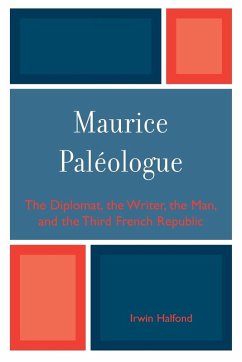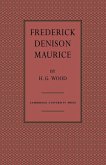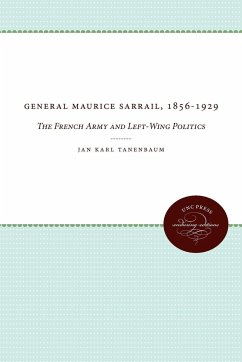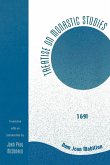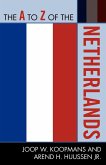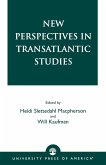This study is intended as the first biography of Maurice Paléologue, an important figure in the diplomatic history of the Third French Republic. He has never received adequate recognition or biographical attention for his role in the events surrounding the immediate outbreak of World War I and French policy towards Russia and the Balkans in 1920. This book brings to the surface the possibility of a powerful behind-the-scenes influence exerted by Paléologue to initiate and/or execute policy decisions of a controversial nature. It examines documents from the British Foreign Office and the French Foreign Ministry that were used extensively from 1907 to 1917 when Paléologue emerged from the inner depths of the departmental apparatus of the Quai d'Orsay. The material is important in illuminating and analyzing two virtually unknown chapters in Paléologue's career: his Ambassadorship to Bulgaria and his efforts to shape a comprehensive war aims agreement while at St. Petersburg. Extensive use has been made of Paléologue's varied writings, as well. Because Paléologue's thoughts and actions were consistent with one another, an analysis of the writers' ideas yields a fuller understanding of the diplomat's motives. Such a comparison between ideas and their realization is of vital significance in explaining why Paléologue engaged in intrigue, obfuscation, and insubordination in the various diplomatic posts he held. Through this analysis the reader is provided with a cohesive theory and interpretation of Paléologue's life.
Hinweis: Dieser Artikel kann nur an eine deutsche Lieferadresse ausgeliefert werden.
Hinweis: Dieser Artikel kann nur an eine deutsche Lieferadresse ausgeliefert werden.

